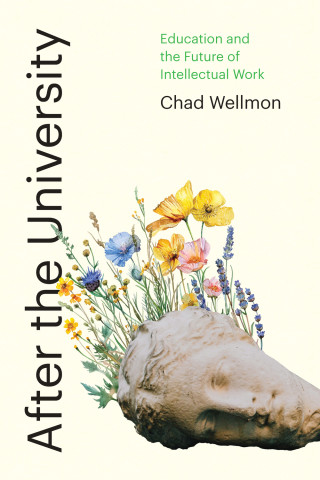
Reviews
A heartfelt and forthright assessment of the all-too-often daunting task facing parents of black students. Hale parallels the racial profiling of law enforcement with current educational assumptions that put black children at a decided disadvantage, facing educators' low expectations and indifference. Educational reform efforts that focus on parental involvement are doomed to failure when so many parents of children attending public schools lack the education, time, energy, and resources to effectively monitor the school and advocate on behalf of their children. Hale relates her own frustrating experiences with her son's private school and not being part of the 'club' that knows the ins and outs and how to get around the rules. Hale offers a detailed strategy that focuses on the classroom and advocates coordinated community-support services and enhanced leadership roles for principals. An innovative and important book for parents and educators concerned about educating black children.
In a wide but welcome swing of the pendulum, Hale... fixes her gaze directly upon schools—the teachers and the children. Here is a fresh and feisty look at the miseducation of African-American children,... a 'call for action directed to the organizations controlled by middle-class African Americans, not to beleaguered individuals themselves'... Hale offers a solution that recognizes the school as the impetus for inner-city African-American children to achieve upward mobility, relying on help from parents, churches, community volunteers and teachers. Her model attends to those differences between 'Afro cultural' themes and 'mainstream' ones, which influence the varying academic achievement of African-American children compared with white children's achievement.'.
In this challenging book, Hale cites persistent teacher shortages, inadequate materials and facilities, and the lack of accountability among administrators as factors contributing to continual academic failure among low-income children in predominantly black public schools. To counter this situation, she proposes the concepts of 'being in the family, creating the village, and striving for the beloved community.'.
I have never read a book that has had as much impact on me as a parent and educator as did Learning While Black.
Hale's well thought out suggestions put Learning While Blackat the forefront of discussions around educational reform.
Hale's work not only can serve as an 'educational bible' for teachers and administrators who are serious about equalizing education between black and white students, but it can also assist parents and members of the community... a profound text that raises many issues legislators, administrators, educators, parents and the like fail to notice.
This is an important book that should be read by teachers and all those concerned with education policy.
Learning while Black borders on brilliance. It is one book that no African-American parent, teacher or administrator should be without. It is destined to become the definitive educational reform guide for anyone interested in delivering quality education to African-American children.
Hale uses her experiences as a single mother and well-respected educational consultant to chart a more positive educational future for poor black children. Learning while black need not be a negative experience, and Hale provides parents, teachers, and school administrators with a model for a culturally appropriate pedagogy to insure more positive educational outcomes for African American children.
Book Details
Foreword by V. P. Franklin
Preface
Acknowledgments
PART I: Breaking the Silence
Chapter 1: Mastery and Excellence versus the Bell Curve
Chapter 2: Playing by the Rules
Chapter 3: African American Goals and
Foreword by V. P. Franklin
Preface
Acknowledgments
PART I: Breaking the Silence
Chapter 1: Mastery and Excellence versus the Bell Curve
Chapter 2: Playing by the Rules
Chapter 3: African American Goals and Closed Doors
Chapter 4: Down the Up Escalator
PART II: Creating the Village
Chapter 5: Twenty-First-Century Education Project: Report and Recommendations
Chapter 6: A Model for Culturally Appropriate Pedagogy
Chapter 7: The Role of the African American Church in Creating the Village
Chapter 8: Where Do We Go from here?: A Call to Action
Appendix - The Church's Educational and Advocacy Mission with African American Children: Cognitive, Affective, and Religious Context
References
Index




